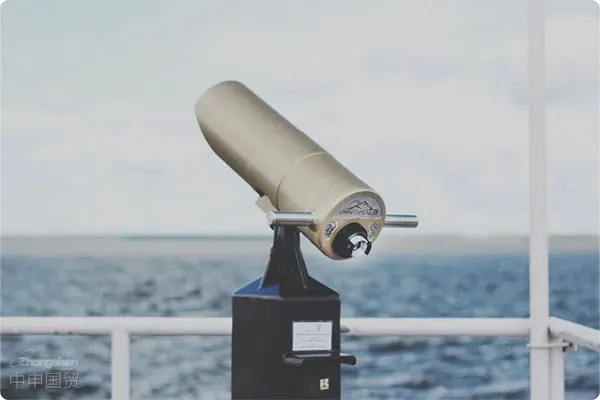- Shanghai Zhongshen International Trade Co., Ltd. - Two decades of trade agency expertise.
- Service Hotline: 139 1787 2118
When exporting products like scopes, extra caution is indeed required as different countries have varying levels of strictness in their regulations. Additionally, the specific use of the scope (civilian, military, hunting, etc.) may also affect its export policy. Before deciding to export scopes, several key factors need to be considered:
Classification and Use of Scopes
Scopes are typically divided into several types, including those for hunting, shooting, and military use. Each type of scope may face different export restrictions:
(a) Civilian scopes:Generally subject to fewer restrictions, but the specific import policies of the destination country should still be checked.
(b) Military or tactical scopes:These scopes may be classified as military or dual-use products and are subject to stricter export controls.

Regulations of the Destination Country
Different countries have varying import policies for weapons and military-related accessories. Some countries may impose strict import bans or require special licenses. Therefore, understanding the laws of the destination country is essential.
International and Domestic Export Controls
(a) International controls:Certain international conventions or treaties, such as the Wassenaar Arrangement, may have specific regulations on the export of military or dual-use goods.
(b) Domestic controls:Many countries have agencies that regulate the export of goods, such as the U.S. Bureau of Industry and Security (BIS), which enforces the Export Administration Regulations (EAR).
Export Licenses and Compliance
For high-tech products that may be used for military purposes, an export license is usually required before export. Additionally, ensuring compliance means accurately declaring the nature of the goods and avoiding misrepresenting scopes as similar but less restricted products (e.g., telescopes), which could lead to legal consequences.
Risk Management
(a) Compliance with regulations:Strictly adhere to domestic and international laws and regulations when exporting goods, and do not circumvent the law by changing product names.
(b) Understanding customers and end-users:Conduct due diligence on customers who purchase and use your products to ensure they will not be used for illegal or improper purposes.
While many people in the market may be exporting telescopic sights, this does not mean all exports are legal or compliant with international and domestic regulations. As an exporter, you must ensure all export activities are lawful and ethical to avoid potential future legal and moral risks.
Related Recommendations
? 2025. All Rights Reserved. 滬ICP備2023007705號(hào)-2  PSB Record: Shanghai No.31011502009912
PSB Record: Shanghai No.31011502009912










